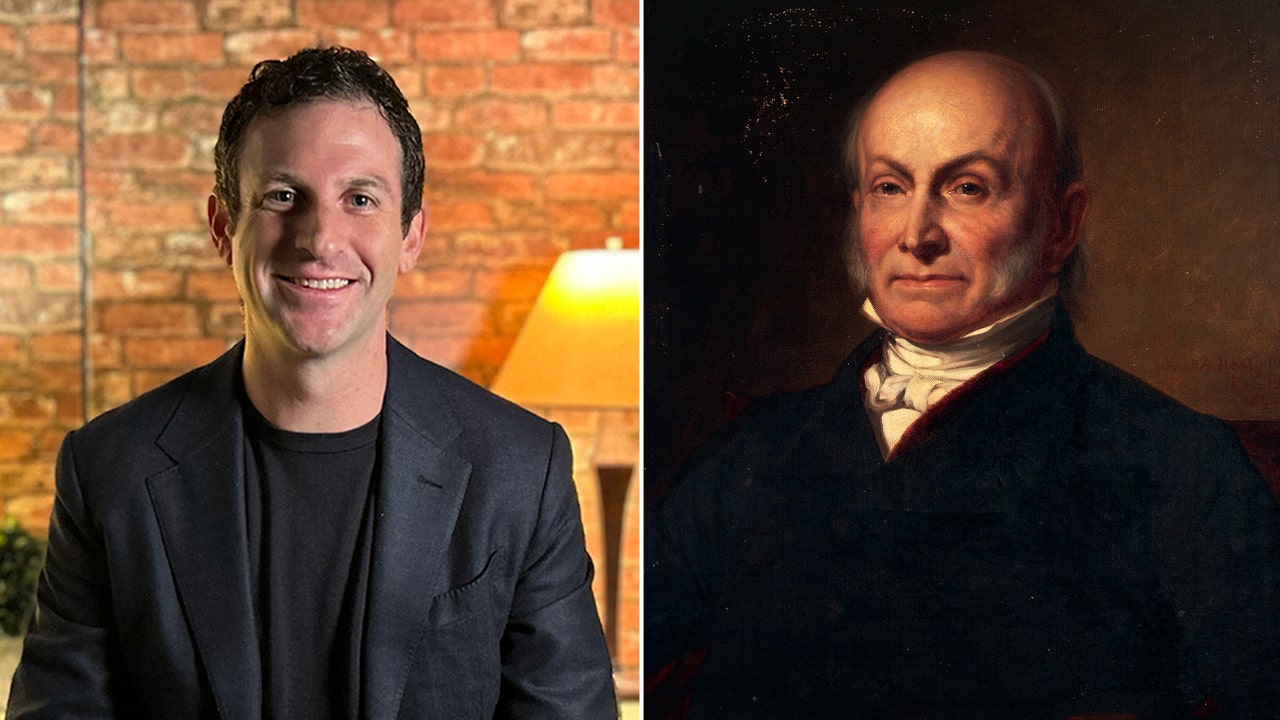
Cancel culture in Congress dates back to John Quincy Adams, who refused to be gagged
Fox News
As author Jared Cohen reveals in a new book "Life After Power," former President John Quincy Adams went on to serve in Congress — and encountered cancel culture as he railed against slavery.
That’s what happened when John Quincy Adams, who was elected to the House of Representatives after his presidency in 1830, tried to debate the issue of slavery. In a much lower position, Adams found a much higher calling. Just because the House passed the Gag Rule didn’t mean Adams was powerless. Today's elected representatives can make a difference by reminding Americans of our nation’s finest traditions. Jared Cohen is a New York Times bestselling author. His latest book is "Life After Power: Seven Presidents and Their Search for Purpose Beyond the White House" (Feb. 2024, S&S).
The House had what was known as the "Gag Rule," which prohibited members from even raising the topic. But when Adams brought it up and his colleagues tried to kick him out of the House and silence him, the former president fought back. He refused to be canceled and let a culture of censorship keep him from saying what he knew was true.













